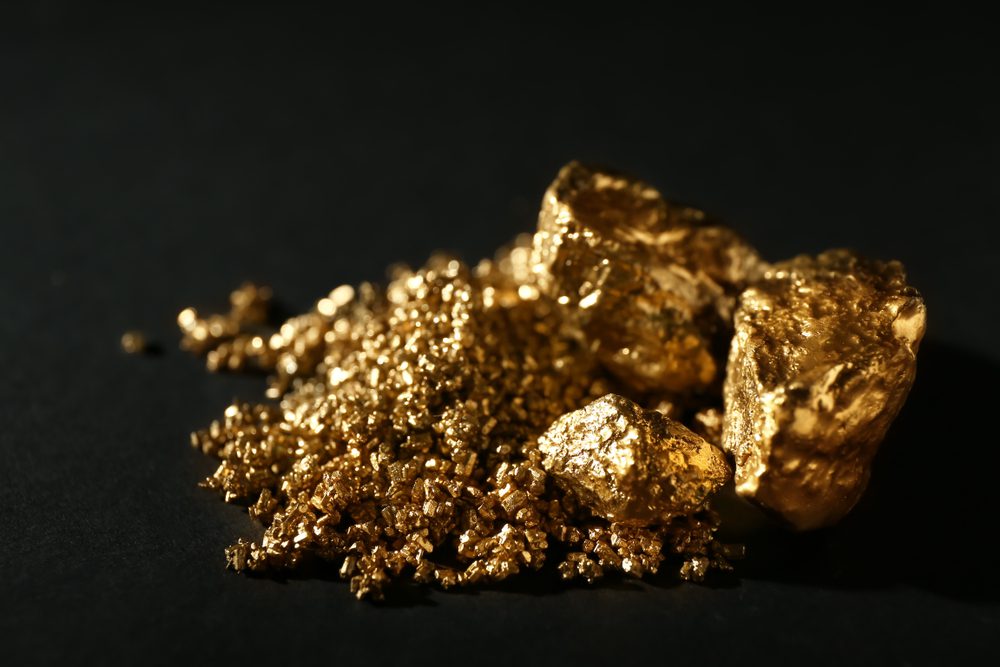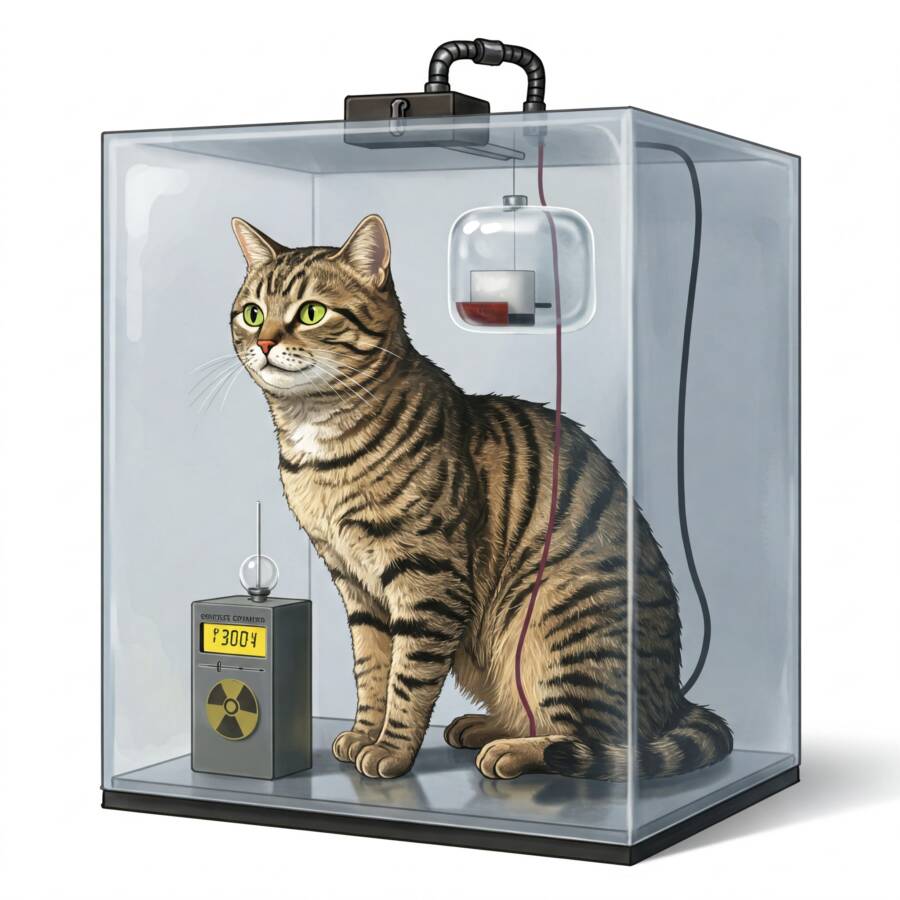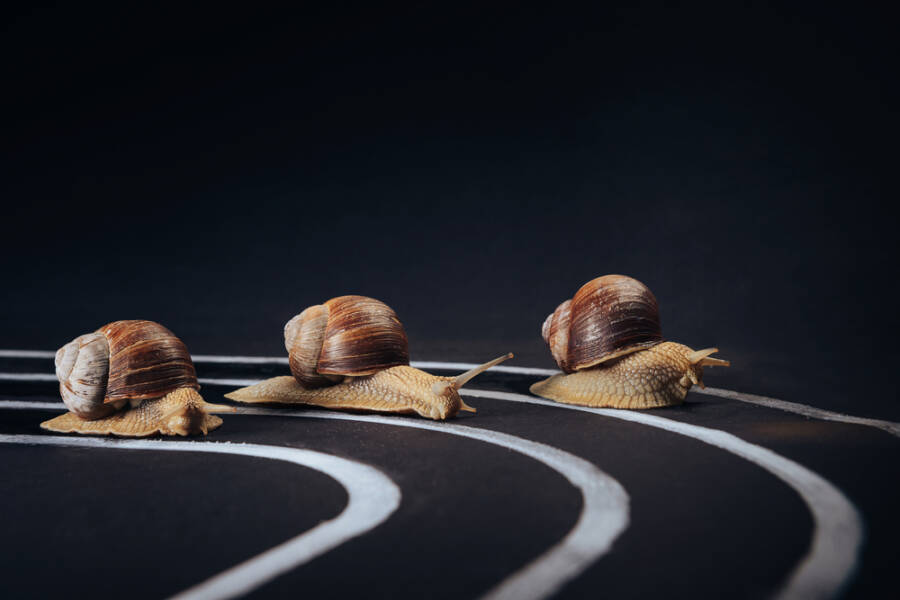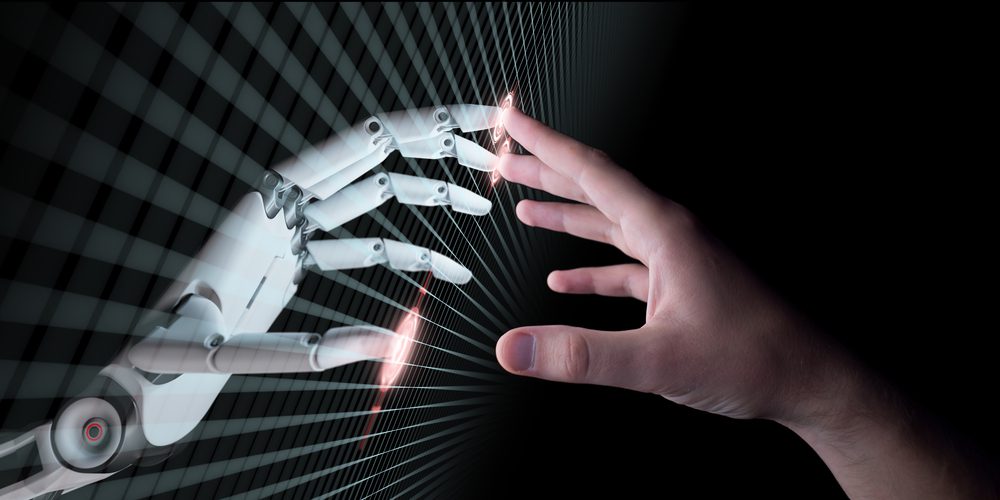The human body is a marvelous creation of this world, and because of this, there are many curiosities about it that wait to be discovered. In this article, we want to present you with the most fascinating blood facts that will definitely amaze you.
This life-giving fluid is the one that delivers oxygen to the body and to the cells. Red blood cells, white blood cells, and platelets are suspended in a liquid plasma matrix to form this specific type of connective tissue.
This is what most people know about our blood. Let’s call them the basics. But there are many more blood facts that are waiting for you to discover them. If you feel intrigued, read on and find out all about them.

1. There is gold in your blood
Our bodies are composed of many elements, and some of them are metals. You can find iron, zinc, lead, manganese, chromium, and copper. Yes, all of them can be detected in our bodies and blood. But besides these metals, you can also find some things that might surprise you.
This is one of the blood facts that we want to share with you. We actually have a small amount of gold in our blood. And when we say small, we mean just 0.2 milligrams. But this is still something surprising. This pure gold, from our blood, would measure 0.22 millimeters on each side if it were made into a solid cube.
But what is the role of this tiny amount of gold? Well, it has some important functions, like playing a part in the health and maintenance of the joints, and without it, the transmittal of electrical signals would have been impossible.
2. Amazing blood facts: How many red blood cells per second?
If you ever wondered what the most effective factory that has ever existed is, the answer is right here. You are! Yes, the human body is amazing when it comes to creating new stuff, and there are even some blood facts that can prove it.
As you can imagine, your cells will not be the same ones you were born with for the rest of your life. Your blood is constantly producing new cells that replace the old ones.
This is also true for red blood cells. Your body makes approximately 2 million blood cells per second!
Because red blood cells constantly deliver oxygen to our cells, our bodies require a large number of them. Our bodies would be unable to operate correctly without sufficient numbers of red blood cells; therefore, their continuous production is necessary to keep us strong and healthy.
3. If it’s blood, it doesn’t have to be red
If we ask you now to imagine blood, what will it look like? You can probably already see that vivid red liquid that is running through our veins, right? But there is blood that can have other colors. Blue blood, green blood, or both of them are real possibilities.
This is one of the blood facts that is not only about humans. We have red blood because of the hemoglobin, which has this color because of the iron that is a part of it. When the iron is exposed to oxygen, it turns red. And this is why our blood is red.
However, certain octopus species have blue blood because hemocyanin, a protein that transports oxygen in octopuses, is rich in copper. And there are other species that have blue blood. For example, snails, slugs, and spiders all have blue blood because of hemocyanin.
The green-blooded skink that lives in Papua New Guinea has, and we know that you did not expect this, green blood. Also, the Antarctic native ocellated icefish has its blood completely clear with no color pigment.
4. White blood cells are vital for pregnancy
One of the blood facts that all of us know is that white cells are important for our immunity. But a lesser-known fact about them is that they are necessary for pregnancy to occur. There is one specific type of white blood cell needed, called macrophages.
The tissues of the reproductive system contain a lot of macrophages. Macrophages aid in the ovary’s formation of blood channel networks, which are necessary for the synthesis of progesterone.
And progesterone is incredibly important for the implantation of the embryo. It needs this hormone to implant itself in the uterus. A low number of macrophages means a low level of progesterone, which results in embryonic implantation that is not proper.
5. What do mosquitoes prefer?
Did this ever happen to you? To go outside on a summer evening and, out of nowhere, an army of mosquitoes appears, and they literally eat you alive?
If this is a common occurrence for you, then you probably have blood group O. Of all the blood facts listed here, this is the one that will help you the most in real life. If you have this blood type, you now know that you should avoid places with mosquitoes at all costs.
It turns out that we humans are capable of secreting chemicals from our skin that reveal our blood types. These secretions may let mosquitoes identify their preferred blood types.
According to the most recent studies, it seems that these secretions are too subtle for mosquitoes to identify. Because of this, we can’t know for sure if this is true or not. We can’t know if this is the reason they prefer blood type O.
6. Stay in the sun for lower blood pressure
All we hear is that we should never stay in the bright sun because it is dangerous. This is true, but the sun can also make your blood pressure lower.
This happens because when your skin is exposed to the sun, the levels of nitric oxide in your blood increase. This oxide regulates blood pressure by taking care of the blood vessel tone and reducing it.
This drop in blood pressure may lower the risk of having a heart attack or stroke. While lengthy sun exposure may increase the risk of skin cancer, experts also think that not exposing yourself to the sun at all may raise the risk of cardiovascular disease and other illnesses.
Do you find all of these blood facts useful?

7. The blood proteins protect you from carbon monoxide poisoning
CO, also known as carbon monoxide, is an odorless, colorless, tasteless, and extremely toxic gas. Usually, people associate it with heavy fuel-burning machines, but today, when learning about blood facts, we can tell you that it is also produced in basic cellular processes.
But if it is produced continuously in our bodies, how come we don’t get poisoned? Cells are shielded from the harmful effects of CO because it is generated in far lower amounts than those found in CO poisoning. The body’s hemoproteins are proteins that CO binds to, and in this way, the body is protected.
Red blood cells’ hemoglobin can’t bind oxygen when CO attaches to it, which interferes with the protein’s ability to carry out essential cell functions, including respiration.
When the CO concentration is low, the protein changes its structure and doesn’t let the CO molecules bind to it.
Without this structural modification, CO’s affinity for the hemoprotein would be up to a million times higher, leading to poisoning.
If you don’t know what blood type you have, you can try this kit that you can easily use at home: Original Home Blood Typing Kit
You should also read: 7 Incredible Traits That You Inherited From Your Parents















3 Responses
These are such interesting facts! God made such an Intricate complicated body. When it all works well perfect in order. When one thing gets “off” it affects the entire body!
Actually, I have been taught facts that I never knew about my own blood and today I know why mosquitoes and mosquitoes follow me, I am O Rh+. Thank you
Interesting